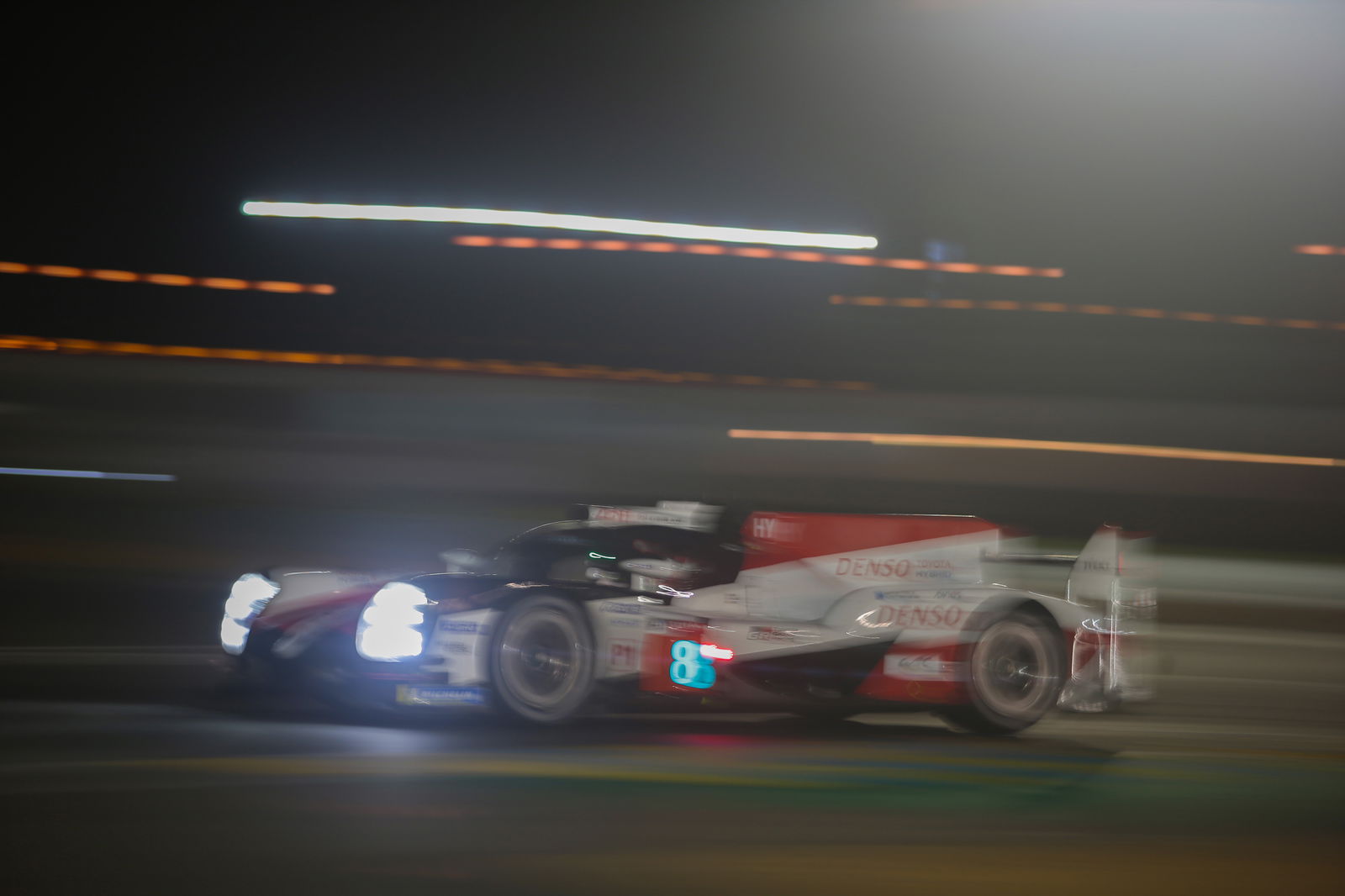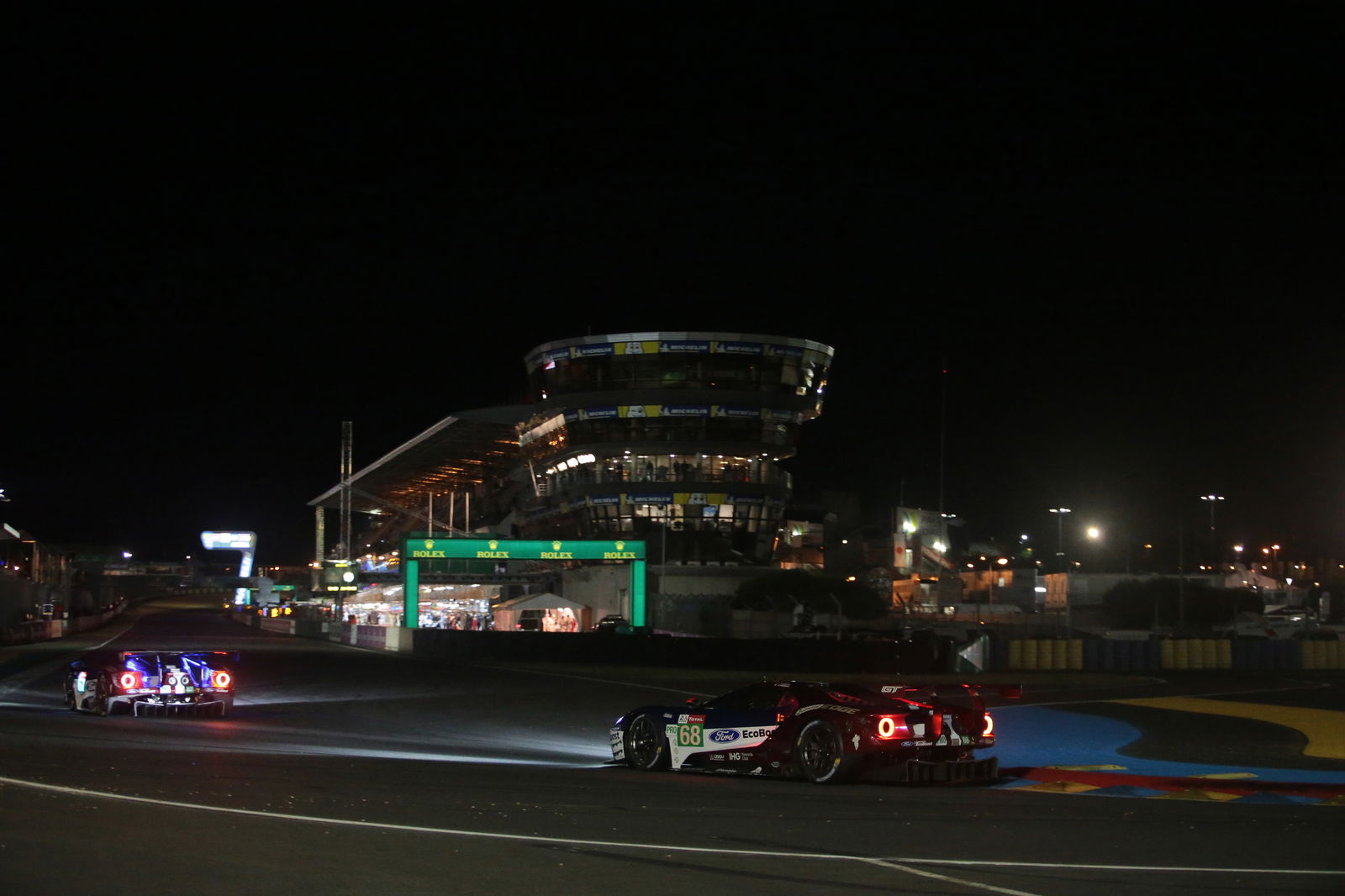ACO outlines WEC, Le Mans hypercar class regulations for 2020
The FIA World Endurance Championship and the Automobile Club de l’Ouest (ACO) have outlined more details for the new hypercar-based class will replace LMP1 as the series’ top tier from 2020.
Initially announced by the FIA following the World Motor Sport Council’s meeting earlier this month, the new class is aimed at reigniting manufacturer interest in racing in the top class following the departures of Nissan, Audi and Porsche from LMP1 in the last three years, leaving Toyota as the sole major brand in the category.

The FIA World Endurance Championship and the Automobile Club de l’Ouest (ACO) have outlined more details for the new hypercar-based class will replace LMP1 as the series’ top tier from 2020.
Initially announced by the FIA following the World Motor Sport Council’s meeting earlier this month, the new class is aimed at reigniting manufacturer interest in racing in the top class following the departures of Nissan, Audi and Porsche from LMP1 in the last three years, leaving Toyota as the sole major brand in the category.
The new regulations for 2020 were announced at the ACO’s annual press conference on Friday ahead of the 24 Hours of Le Mans, centring around high-performance hypercars to give them a closer resemblance to road models via their aerodynamic styling.
The cars will require two seats to fulfill GT standards, as well as allowing for a bigger cockpit and a wider windscreen. The overall weight of the cars will be 980 kg, while there is also an upgrade of safety standards planned.
The rules will see manufacturers retain hybrid technology, but will now use a single KERS system at the front of the car. The KERS system must also be made available to customer teams, opening the door for privateers in the class. No non-hybrid cars will be alllowed to compete in the class. It was also confirmed there will be a common ECU with homologated software across the class.
Officials are targeting a budget reduction of 75 percent following a swell in spending through the LMP1 era, making it more accessible to teams, with the regulations set to remain stable for five years. While there remains power unit freedom, there will be a fixed maximum performance target manufacturers must adhere to.
Despite suggestions it could be named GTP, the new class has not yet been given a name, with discussions set to continue in the coming weeks. Fans are also set to be consulted on a possible name for the new top category.
The ACO is targeting a final confirmation of the new regulations in November.

